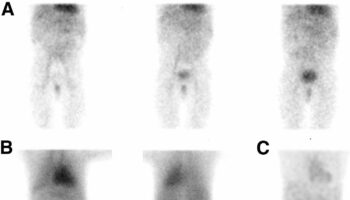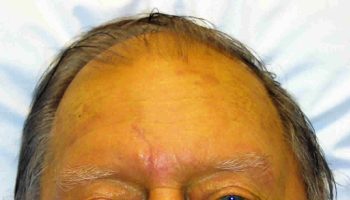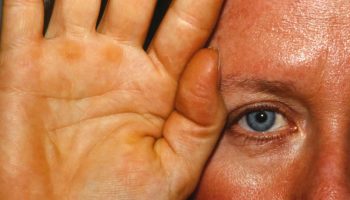Contents
What is tropical sprue
Tropical sprue is a syndrome characterized by acute or chronic diarrhea, weight loss, and malabsorption of nutrients 1. Tropical sprue is a condition that occurs in residents of or visitors to the tropics and subtropics. The first description of tropical sprue is attributed to William Hillary’s 1759 account of his observations of chronic diarrhea while in Barbados. Subsequently, tropical sprue was described in tropical climates throughout the world. The definition has been expanded to include malabsorption of at least 2 different substances when other causes are excluded 1. Tropical sprue impairs nutrients from being absorbed from the intestines.
The exact causative factor of tropical sprue is unknown, but an intestinal microbial infection is believed to be the initiating insult. The infection results in enterocyte injury, intestinal stasis, and possible bacteria overgrowth. Villous destruction and demonstrable nutrient malabsorption occur in varying degrees. Folate, vitamin B-12, and iron deficiencies are the most common nutrient deficiencies.
Tropical sprue causes
Tropical sprue disease is caused by damage to the lining of the small intestine. It comes from having too much of certain types of bacteria in the intestines.
Risk factors for developing tropical sprue are:
- Living in the tropics
- Long periods of travel to tropical destinations
The exact role of microbial agents in the initiation and propagation of the tropical sprue disease is poorly understood. One theory is that an acute intestinal infection leads to jejunal and ileal mucosa injury; then intestinal bacterial overgrowth and increased plasma enteroglucagon results in retardation of small-intestinal transit. Central to this process is folate deficiency, which probably contributes to further mucosal injury.
Hormone enteroglucagon and motilin levels are elevated in patients with tropical sprue. Enterocyte injury can cause these elevations. Enteroglucagon causes intestinal stasis, but the role of motilin is not clear.
The upper small intestine is predominantly affected; however, because it is a progressive and contiguous disease, the distal small intestine up to the terminal ileum may be involved. Pathological changes are rarely demonstrated in the stomach and colon. Coliform bacteria, such as Klebsiella, E coli and Enterobacter species are isolated and are the usual organisms associated with tropical sprue 2.
Tropical sprue symptoms
Tropical sprue symptoms include:
- Abdominal cramps
- Diarrhea, worse on a high-fat diet
- Excess gas (flatus)
- Fatigue
- Fever
- Leg swelling
- Weight loss
Tropical sprue is a syndrome characterized by acute or chronic diarrhea, weight loss, and malabsorption of nutrients.
Symptoms may not appear for up to 10 years after leaving the tropics.
Tropical sprue complications
Vitamin and mineral deficiencies are common.
In children, tropical sprue disease leads to:
- Delay in the maturing of bones (skeletal maturation)
- Growth failure
Tropical sprue diagnosis
There is no clear marker or test that clearly diagnose tropical sprue disease.
Certain tests help to confirm that poor absorption of nutrients is present:
- D-xylsoe is a lab test to see how well the intestines absorb a simple sugar
- Tests of the stool to see if fat is absorbed correctly
- Blood tests to measure iron, folate, vitamin B12, or vitamin D
- Complete blood count (CBC)
Tests that examine the small intestine may include:
- Enteroscopy
- Upper endoscopy
- Biopsy of the small intestine
- Upper GI series
Tropical sprue treatment
Treatment begins with plenty of fluids and electrolytes. Replacement of folate, iron, vitamin B12, and other nutrients may also be needed. Antibiotic therapy with tetracycline or Bactrim is typically given for 3 to 6 months. Generally, a combination of antibiotics and folic acid is given to patients for 3-6 months. Patients with symptoms persisting longer than 6 months may be administered the combination for as long as a year. Assess patients’ responses by improvement of symptoms, weight gain, and correction of anemia. The duration of treatment depends on the duration of symptoms.
In most cases, oral tetracycline is not prescribed for children until after all the permanent teeth have come in. This medicine can permanently discolor teeth that are still forming. However, other antibiotics can be used.
Tropical sprue diet
Nutrient replacement to correct deficiencies in patients with tropical sprue often includes folic acid, vitamin B-12, and iron.
Tropical sprue prognosis
The outcome is good with treatment.





